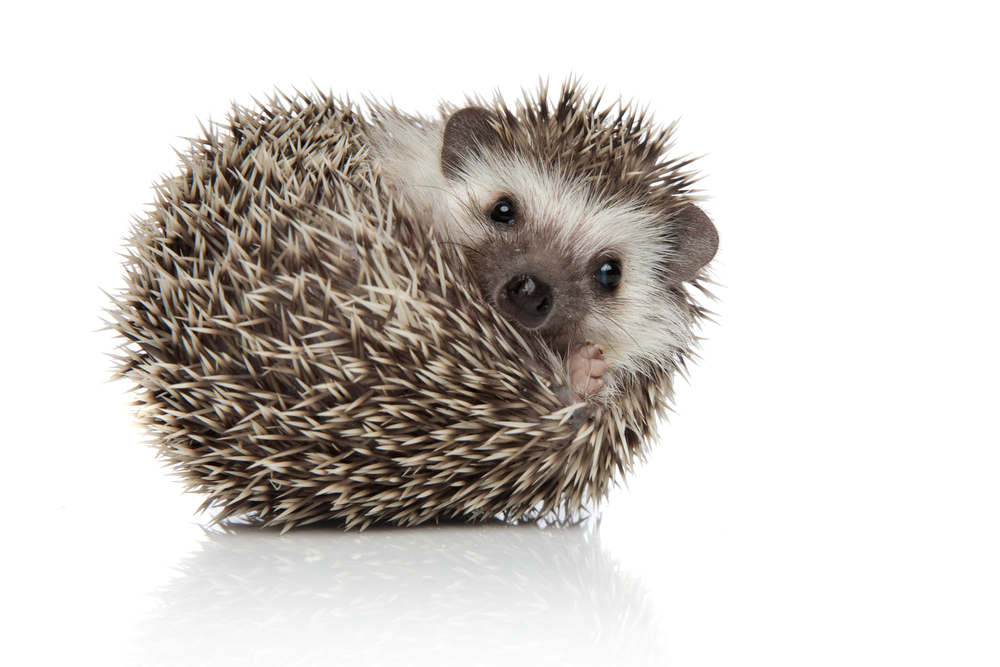What Is an Endoscopy?
A pet endoscopy is a medical procedure used in veterinary care to examine an animal’s internal organs and structures without the need for invasive surgery. Using an endoscope, a flexible tube equipped with a camera, and light, our veterinarians can view the inside of an animal’s body in real-time to screen, diagnose, and treat various issues. Endoscopies also allow us to perform advanced surgeries and get a detailed look at your pet’s condition, whether there is suspected foreign body ingestion or the need for a biopsy. We commonly use veterinary endoscopy on exotic animals such as reptiles, birds, and rodents, as it’s a minimally invasive way to view the delicate internal structures of these animals.
Uses & Benefits of Endoscopies
This versatile method is highly valuable in diagnosing and treating a variety of conditions in dogs, cats, and exotic animals. There are many different types of endoscopic procedures that view different organs and structures, such as the lungs, colon, stomach, and bladder. From precise diagnosis to targeted treatment, the uses and benefits of pet endoscopy are many, including:
Treatment and Biopsy: During an endoscopy, our veterinarians can often remove foreign objects or take tissue samples (biopsies) for further examination. This helps in determining the best treatment plan for conditions like chronic vomiting, diarrhea, or unexplained weight loss.
Monitoring Chronic Conditions: Pets with chronic gastrointestinal conditions, such as inflammatory bowel disease, may require regular endoscopic exams to monitor the progression of the disease and assess treatment effectiveness.
Diagnosis of Gastrointestinal Problems: Endoscopies allow us to inspect the inside of your pet’s gastrointestinal tract visually. They can identify issues such as ulcers, tumors, inflammation, or foreign objects that may be causing your pet discomfort or illness.
Minimally Invasive Procedure: Compared to traditional surgery, endoscopy is minimally invasive. It requires only small incisions or natural openings, leading to quicker recovery times and reduced risk of complications.
Early Detection: Endoscopies can detect early signs of certain diseases before they progress to more serious stages. This early detection can lead to more effective treatment and better outcomes for your pet.
Guidance for Further Treatment: The information gathered from an endoscopy helps our veterinarians recommend appropriate medications, dietary changes, or additional procedures if needed.
FAQs About Endoscopies
We understand that even though endoscopy is a minimally invasive procedure, it’s natural to have questions about whether it’s right for your pet. Our team is here to help you feel confident and comfortable in the care your pet receives regardless of their condition. Some common questions we receive about veterinary endoscopy include:

